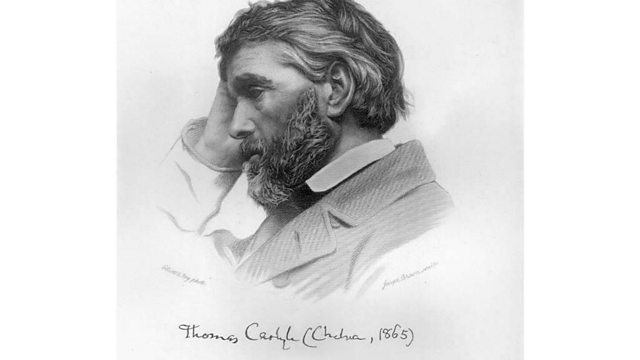History as Science
Melvyn Bragg and guests discuss whether history should be considered a science, and examines the importance of geography and ecology in determining world history since civilisation began.
Melvyn Bragg and guests discuss the importance of geography and ecology in determining world history since civilisation began. The 18th century historian Thomas Carlyle said that world history was the history of what great men have accomplished, but this understanding of history is being increasingly called into question. Professor Jared Diamond’s book Guns, Germs and Steel, which won the 1998 Rhone Poulenc Prize for Science and the Pulitzer Prize for non-fiction, is a re-evaluation of the last 13,000 years of the history of mankind - particularly in the light of geography and ecology. But what are the implications of looking at world history as being determined by geography and ecology? Is environment really the determining factor in history? And if so, what role does cultural heritage play in shaping different histories? With Professor Jared Diamond, ecologist and physiologist at the Los Angeles Medical School, University of California, and author of Guns, Germs and Steel; Richard Evans, Professor of Modern History, Cambridge University.
Last on
More episodes
Broadcasts
- Thu 11 Mar 1999 09:02Βι¶ΉΤΌΕΔ Radio 4
- Thu 11 Mar 1999 21:30Βι¶ΉΤΌΕΔ Radio 4
In Our Time podcasts
Download programmes from the huge In Our Time archive.
The In Our Time Listeners' Top 10
If you’re new to In Our Time, this is a good place to start.
Arts and Ideas podcast
Download the best of Radio 3's Free Thinking programme.
Podcast
-
![]()
In Our Time
Melvyn Bragg and guests discuss the ideas, people and events that have shaped our world.


